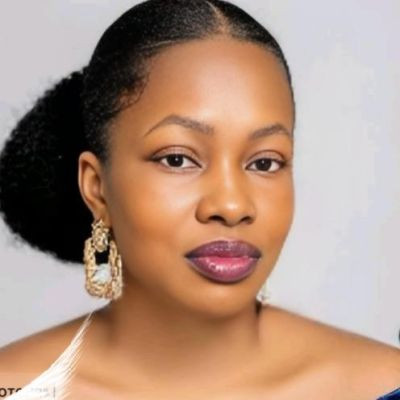GUINEA BISSAU - Guinea-Bissau | the Republic of Guinea-Bissau |
Guinea-Bissau officially the Republic of Guinea-Bissau (Portuguese: República da Guiné-Bissau), is a country in West Africa that covers 36,125 square kilometers (13,948 sq mi) with an estimated population of 1,874,303. It borders Senegal to the north and Guinea to the south-east. Guinea-Bissau was once part of the kingdom of Kaabu, as well as part of the Mali Empire. Parts of this kingdom persisted until the 18th century, while a few others were under some rule by the Portuguese Empire since the 16th century. In the 19th century, it was colonized as Portuguese Guinea. Upon independence, declared in 1973 and recognized in 1974, the name of its capital, Bissau, was added to the country's name to prevent confusion with Guinea (formerly French Guinea). Guinea-Bissau has a history of political instability since independence, and only one elected president (José Mário Vaz) has successfully served a full five-year term. Only about 2% of the population speaks Portuguese, the official language, as a first language, and 33% speak it as a second language. However, Creole is the national language and also considered the language of unity. According to a 2012 study, 54% of the population speaks Creole as a first language and about 52% speak it as a second language. The remainder speaks a variety of native African languages. There are diverse religions in Guinea-Bissau with no one religion having a majority. In 2008, the CIA World Factbook estimated that the population was about 40% Muslim, 22% Christian, 15% Animist, and 18% unspecified or other, while a Pew Research survey in 2010 indicates about 62% Christian, 38% Muslim, and 0% for traditional African religions and unaffiliated. The country's per-capita gross domestic product is one of the lowest in the world.



















![How will I get around the Democratic Republic of Congo (DRC)?? 🇨🇩 [S7-E82]](https://i.ytimg.com/vi/WEQOhC-kRAE/maxresdefault.jpg)



